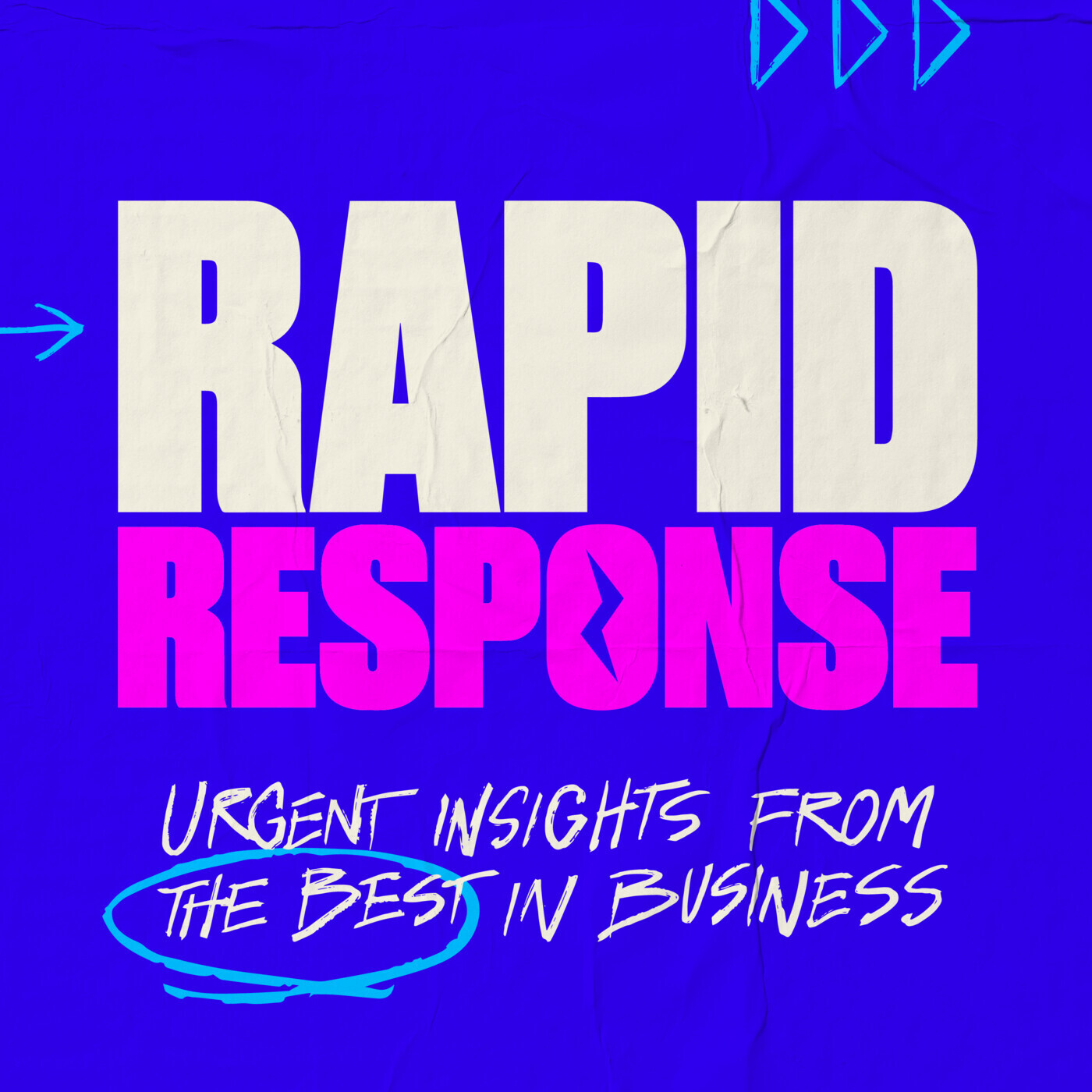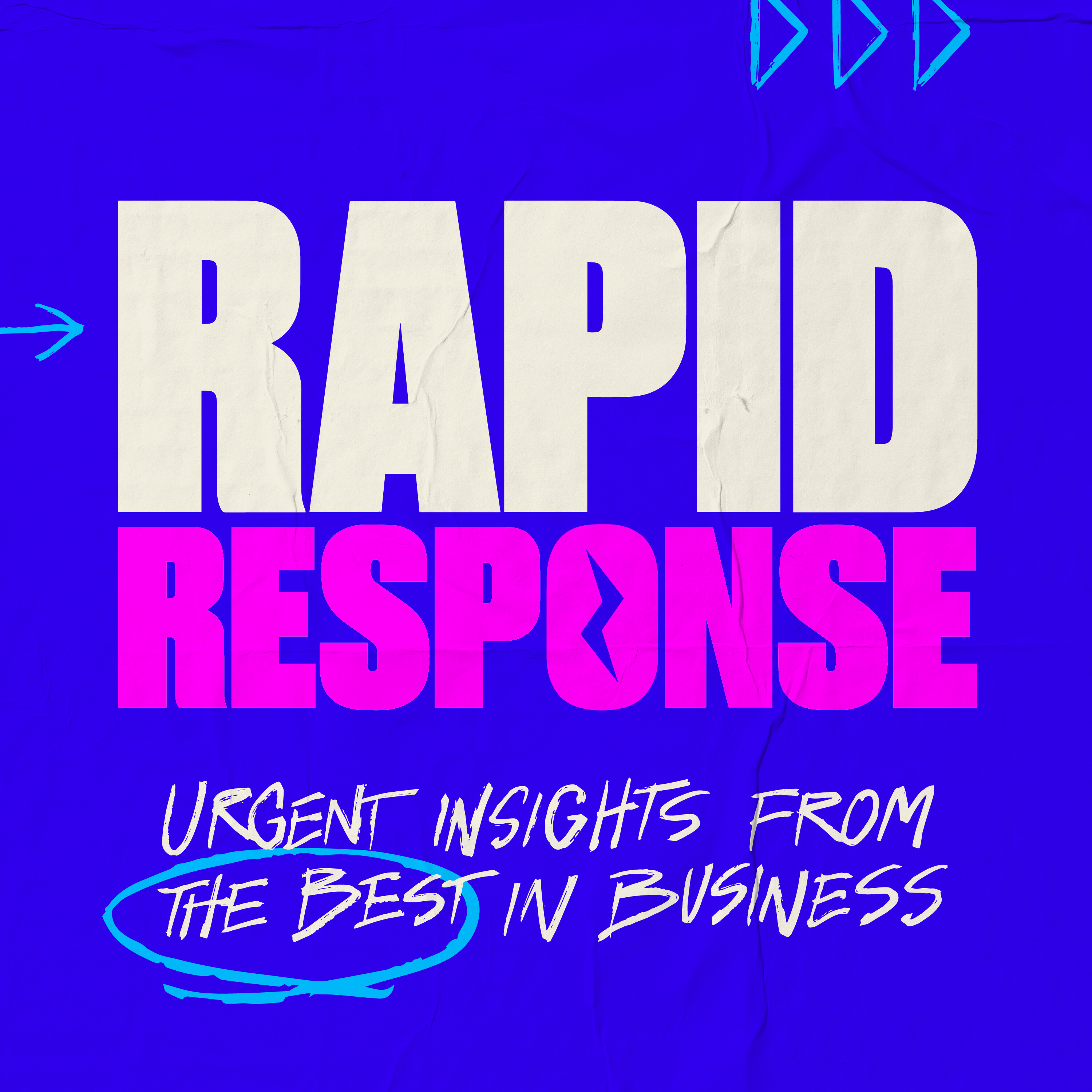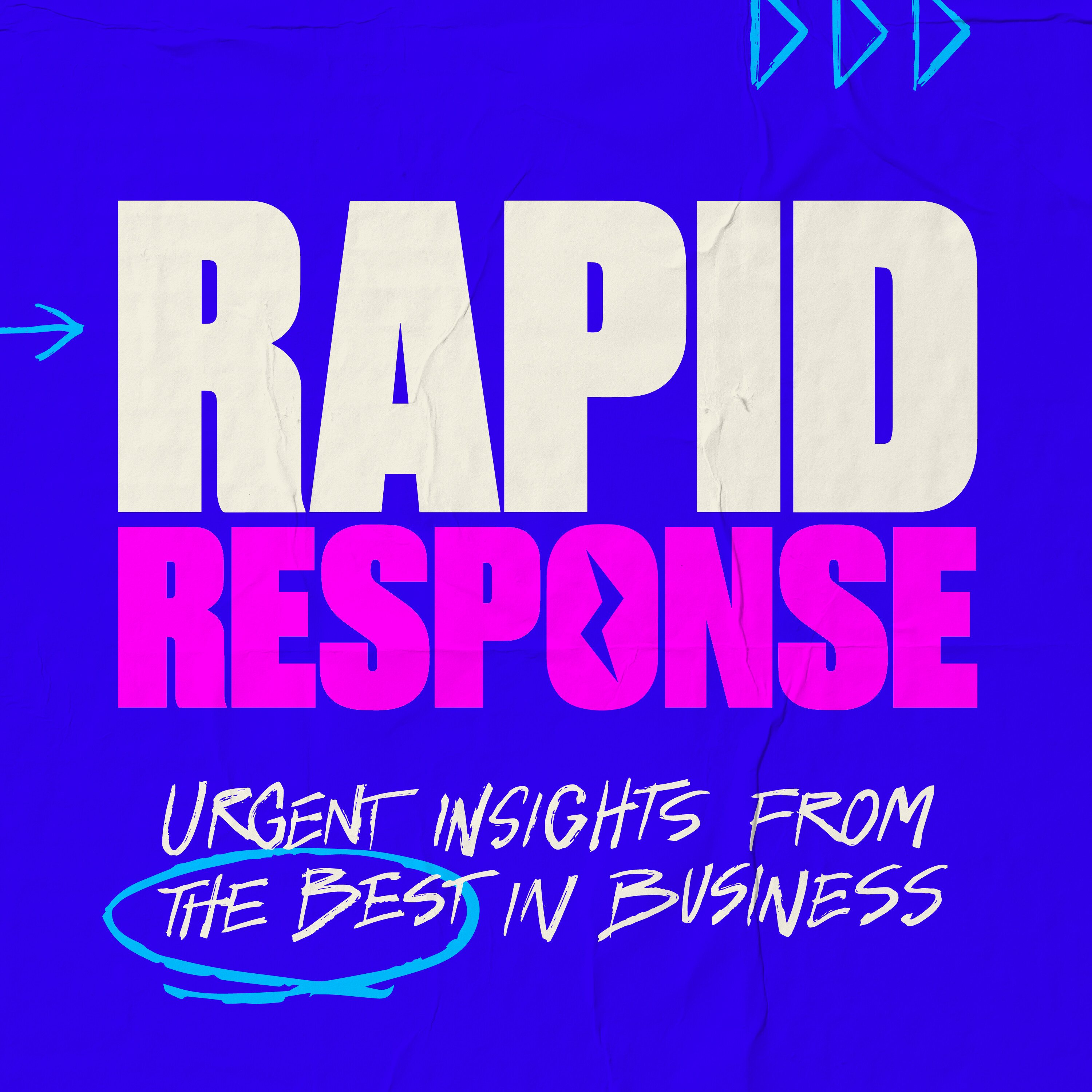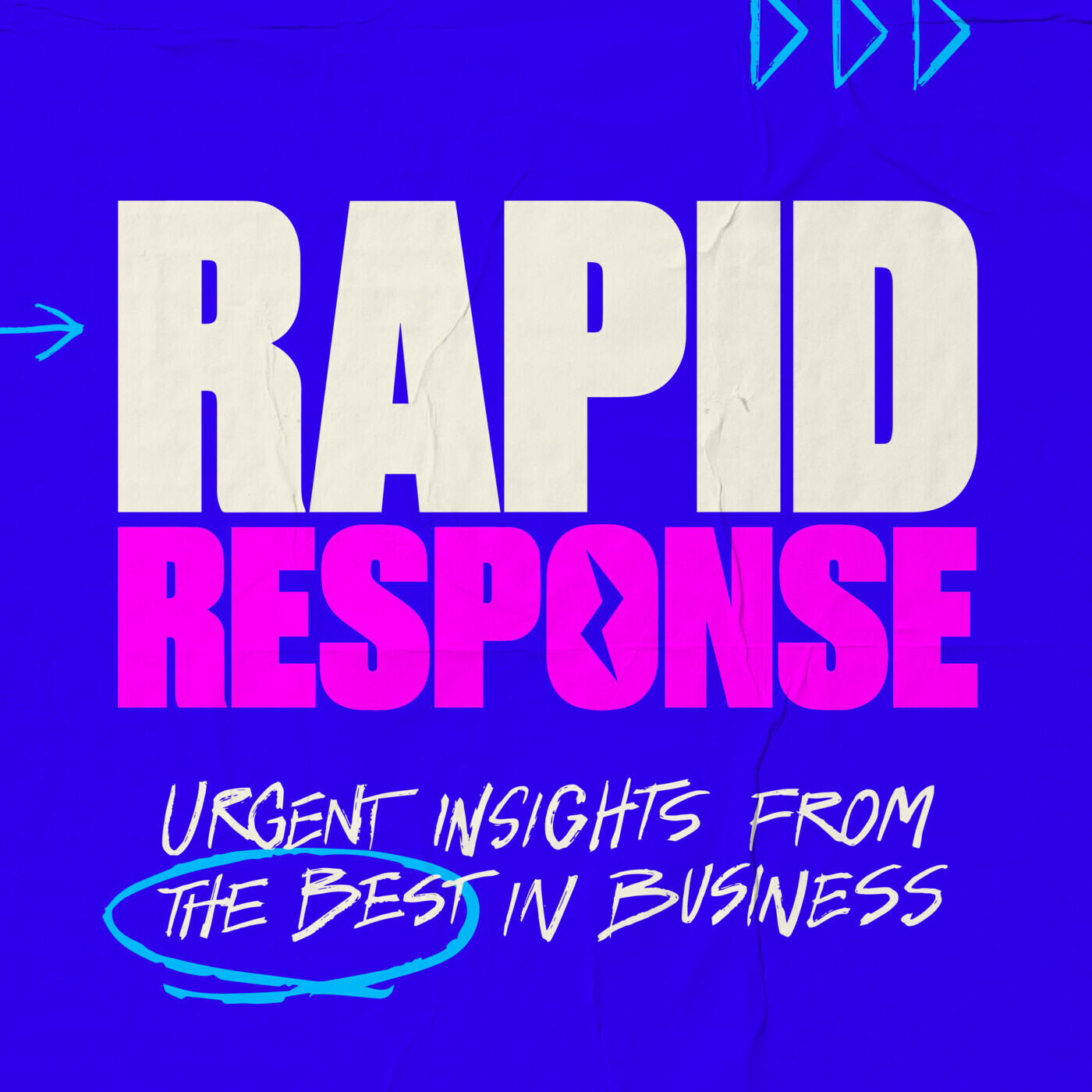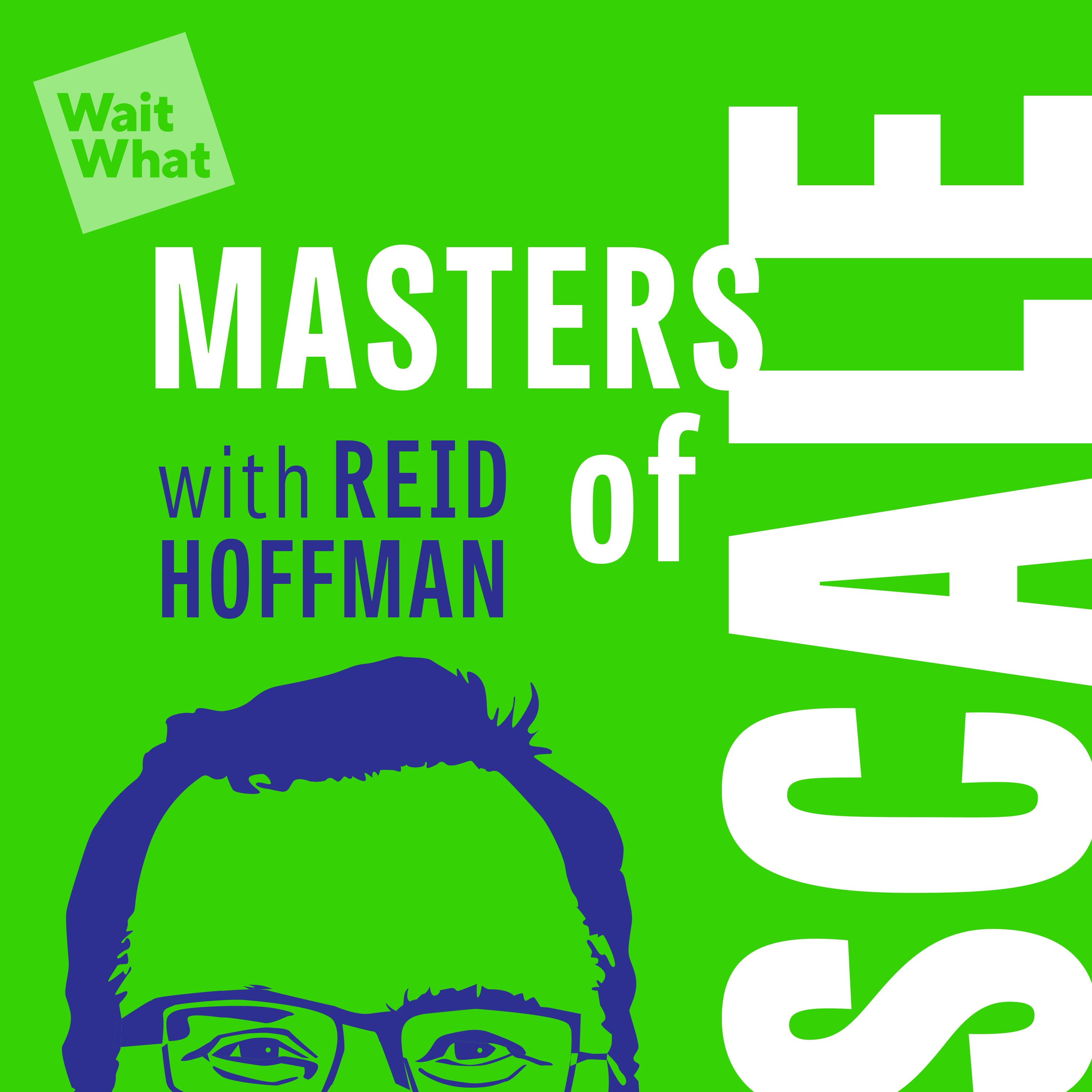
May 23, 2024 • 32min
Meet “Reid-ish”: The Story of Cloning Reid Hoffman’s Voice
Masters of Scale

Key Takeaways
- Masters of Scale has created a synthetic AI voice clone of host Reid Hoffman, which they call "Reid-ish", to potentially use for voiceovers on the podcast
- The AI voice was created by Ukrainian company Respeecher using machine learning trained on hundreds of hours of Reid's voice from past episodes
- Potential benefits include saving time on recording, allowing for quick edits/updates, and expanding Reid's reach (e.g. audiobooks, other languages)
- Key ethical considerations include disclosure to listeners, maintaining authenticity, and not replacing human creative work
- The team is still grappling with how and when to use the technology, and what listeners have a right to know
- Reid sees AI voice cloning as a tool to accomplish more and reach more people, not to pay less attention or care less
- The podcast team tested out the technology by having producers record lines that were then converted to Reid's voice
- While impressive, the technology also raises complex questions about identity, authenticity and disclosure in media
Introduction
This special episode of Masters of Scale goes behind the scenes to explore the creation and potential use of an AI-generated synthetic voice clone of host Reid Hoffman. The episode features interviews with Reid, CEO Jeff Berman, and members of the production team as they grapple with the implications of this powerful new technology.
The synthetic voice, which they dub "Reid-ish", was created by Ukrainian company Respeecher using machine learning trained on hundreds of hours of Reid's voice from past podcast episodes. While not yet in use on the main show, the team has been experimenting with the technology and considering how it could be incorporated.
Topics Discussed
The Creation of "Reid-ish" (0:00)
The episode opens by demonstrating the AI voice technology, playing clips of the synthetic "Reid-ish" voice reading podcast intros and outros. Jeff Berman explains that about a year ago, Reid "dove in into fully cloning his voice through a process powered by artificial intelligence."
Reid discusses his motivations:
"Look, if I can figure out how to have tools make it a lot more efficient for me in terms of how I'm doing work and all the rest, that's a good thing. I use a phone for that. I use computers for that."He sees it as a way to potentially "address like a set of commentary that I otherwise I don't have time for" or "go into more depth and produce more content that hopefully some number of people will really like that I wouldn't have otherwise have time to do."
How Respeecher Creates AI Voices (11:30)
Alex Serdiuk, CEO of Respeecher, explains how their technology works:
- They use hundreds of hours of existing audio to train an AI model on a person's voice
- Rather than text-to-speech, they have voice actors perform the lines with emotion
- The audio is then filtered through the AI model to sound like the target voice
- The process takes only about 5 minutes to convert a new audio file
Respeecher has worked on high-profile projects like recreating the voices of Elvis Presley, Vince Lombardi, and James Stewart for various media. They also see applications in helping those with speech disorders or protecting anonymity.
Testing "Reid-ish" (19:56)
The Masters of Scale production team tests out the Respeecher technology by having three producers record the same lines, which are then converted to Reid's voice. They react to hearing the results:
- Producer Alex's British accent comes through, making Reid sound "like a London gangster"
- Producer Eve's version sounds closest to the real Reid after adjusting the pitch
- The team is impressed but also grappling with the implications for authenticity and identity
Producer Dan Zehner notes: "We're really putting a lot of importance on that and feeling that that's a big part of the integrity that gives us license to use Respeecher because we are really thinking of it as a technical production tool rather than displacing any intellectual or creative labor."
Potential Uses and Benefits (29:36)
Reid outlines some potential positive use cases for his AI voice and digital twin:
- Expanding language reach - Creating content in languages Reid doesn't speak
- Saving time on recording - Allowing for more efficient content creation
- Quick edits and updates - Easily changing small portions of existing content
- Audiobooks - The technology was first used to create an audiobook of Reid's latest book
Reid emphasizes: "It's so that I can actually accomplish more in ways that matter for people. That's, I think, the general use of everything from Reid AI down to synthetic voices."
Ethical Considerations and Disclosure (31:09)
The team discusses key ethical considerations around using AI voice technology:
- Disclosure to listeners - When and how to inform the audience about AI voice use
- Maintaining authenticity - Ensuring the content still reflects Reid's real thoughts/words
- Not replacing human work - Using it as a production tool, not for content creation
- Responsible use - Having clear guidelines and intentions for the technology
Reid proposes some principles for a "Listener's Bill of Rights":
"One principle is truth telling and anti-deception. If you are using a digital twin of your image or voice, it should be signaled in some way. It doesn't necessarily have to be like, glaring red lights in the background. Right. But, like, clearly not hidden."He compares it to how movies disclose "based on real events" - giving a general sense without detailing every instance.
Ongoing Questions and Considerations (33:09)
The episode concludes by acknowledging there are still many open questions as they explore using this technology:
- How and when exactly to use the AI voice on the podcast
- What level of disclosure is appropriate for listeners
- How to maintain authenticity while leveraging the benefits
- Potential future developments in the technology
Jeff Berman notes: "We are going to use it and we are going to disclose it. Whether that's in the episode audio, the show notes, or some embedded metadata option that comes along. We don't yet know that conversation is just starting."
Conclusion
This episode provides a fascinating behind-the-scenes look at how Masters of Scale is grappling with powerful new AI voice technology. While excited about the potential benefits and efficiency gains, the team is thoughtfully considering the ethical implications and how to use it responsibly.
Key takeaways include:
- AI voice cloning technology has advanced rapidly and can produce remarkably realistic results
- There are compelling use cases for expanding reach and saving time on production
- Ethical considerations around disclosure and authenticity are crucial
- Clear guidelines and intentions for use are important
- The conversation around responsible AI use in media is still evolving
As an early adopter experimenting with this technology, Masters of Scale provides valuable insights into both the potential and pitfalls of AI voices in podcasting and media. Their commitment to transparency and ethical use sets an example for the industry as these tools become more widespread.

